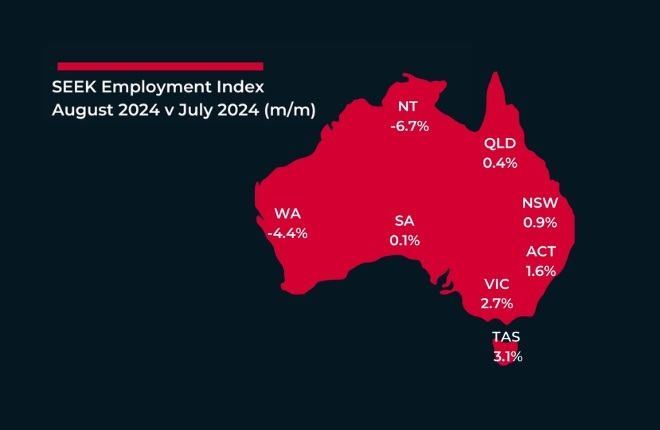Engaging with the new generation workforce

Within the next 5 years, Generation Z will make up over a quarter of the Australian workforce. This generation, born between the mid-1990s and the early 2010s, have grown up in a world where technology and social media are part of the everyday. Their upbringing in a digital environment has significantly shaped their values, expectations, and work behaviours. As they enter the workforce in greater numbers, it becomes increasingly important for organisations to understand and adapt to their unique characteristics to effectively lead and engage them.
4 Key Insights for Engaging Tomorrow's Workforce Today
1. Impact
Generation Z is distinguished by their deep-rooted passion for making a meaningful impact. They are not just looking for a job but are seeking roles within companies that prioritise strong corporate social responsibility (CSR) initiatives. They want to align themselves with organisations that demonstrate a genuine commitment to social and environmental issues. For these young professionals, seeing tangible examples of how a company is contributing to the greater good can be a major motivator and a key factor in their decision to join or stay with an employer. To effectively engage Gen Z employees, it’s crucial to help them establish an emotional connection with their work, allowing them to see the direct impact they can have and the value they are contributing.
2. Improvement and Opportunity
Moreover, Generation Z places a high value on feedback and continuous improvement. They thrive in environments where they receive regular, constructive feedback that helps them refine their skills and performance. This desire for growth is closely tied to their ambition for career advancement. Gen Z employees are driven and competitive, often seeking positions that offer clear pathways for development and the opportunity to acquire new skills. They are attracted to roles that not only challenge them but also provide tangible benefits in terms of career progression and personal growth.
3. Flexibility
Flexibility and work-life balance are also top priorities for Generation Z. Having witnessed the shift in work dynamics brought about by the pandemic, this generation embraces the concept of ‘working smarter, not harder’. They value the ability to work from various locations and at different times, leveraging their tech-savvy nature to achieve results without being tethered to a traditional office environment. For Gen Z, the integration of flexibility into their work life is essential for maintaining productivity and overall wellbeing.
4. Engagement
To attract and retain this emerging workforce, companies need to be proactive in understanding and addressing these preferences. Providing opportunities for impactful work, offering regular feedback and career advancement prospects, and embracing flexible work arrangements are critical strategies for engaging Generation Z effectively.
Interested to find out more?
For more insights into the future of the workforce and how to attract and retain Generation Z talent, explore the following resources:

 Job Seekers
Job Seekers Resources
Resources Timesheets
Timesheets Submit a CV
Submit a CV Login
Login Temporary Staffing Solutions
Temporary Staffing Solutions Permanent Recruitment Solutions
Permanent Recruitment Solutions Executive Search
Executive Search Payroll Services
Payroll Services Employer Resources
Employer Resources HR Services
HR Services WHS Consulting
WHS Consulting Outplacement / Career Transition
Outplacement / Career Transition Accounting and Finance
Accounting and Finance Business Support
Business Support Community Services
Community Services Customer Service
Customer Service Engineering
Engineering Events and Exhibitions
Events and Exhibitions Government
Government Healthcare
Healthcare Labour Hire
Labour Hire Manufacturing
Manufacturing Not-for-profit
Not-for-profit Sales and Marketing
Sales and Marketing Warehousing and Logistics
Warehousing and Logistics About us
About us Meet the Team
Meet the Team Blog
Blog Community
Community Join the Team
Join the Team Candidate Timesheet
and Portal Information
Candidate Timesheet
and Portal Information Blog
Blog Join the Team
Join the Team Payroll Services
Payroll Services Timesheets
Timesheets Customer Service
Customer Service Engineering
Engineering Warehousing & Logistics
Warehousing & Logistics

